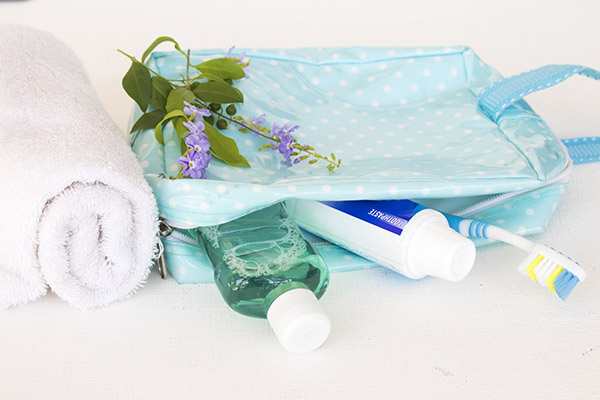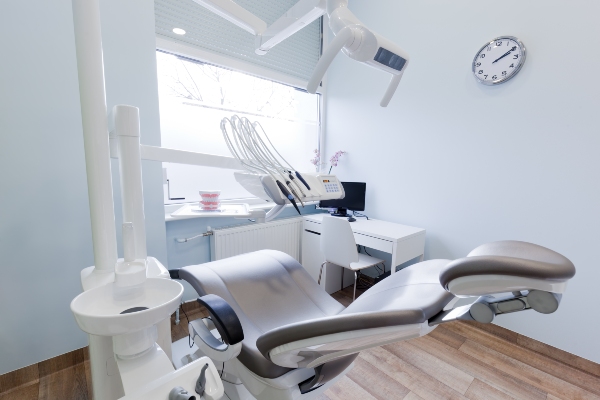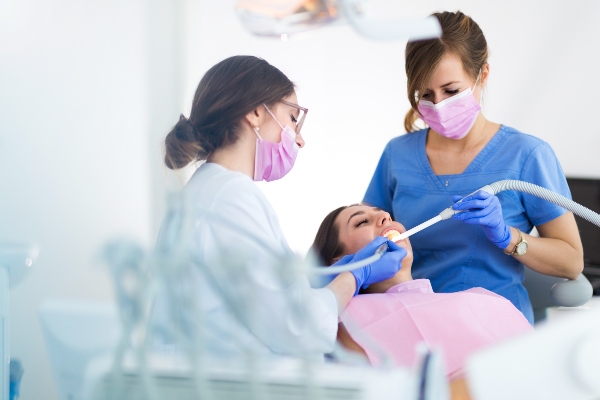 Tooth decay happens when the enamel, or tooth surface, is damaged. You can use oral hygiene basics to prevent it. However, tooth decay is still one of the most common health problems in the world. The CDC reports that in the United States alone, more than 90% of adults have had cavities.
Tooth decay happens when the enamel, or tooth surface, is damaged. You can use oral hygiene basics to prevent it. However, tooth decay is still one of the most common health problems in the world. The CDC reports that in the United States alone, more than 90% of adults have had cavities.
What causes tooth decay?
Everyone has bacteria in the mouth. Some of it is good, but harmful bacteria feed on the sugar and starch you eat. Together, the bacteria and food form plaque, a sticky film on your teeth. The acids that bacteria produce eat away at tooth enamel, leading to cavities.
Anyone who has teeth is at risk for tooth decay. However, several factors can exacerbate it.
Frequent snacks or sugar-containing drinks
Snacking or sipping on sugary foods and drinks gives a steady fuel supply to the decay-causing bacteria that harm your teeth. Foods that cling to your teeth can cause decay, including hard candy, cakes and cookies, milk products, honey, and chips. Acidic drinks also wear down tooth enamel.
Inadequate brushing and flossing
Oral hygiene basics go a long way in preventing tooth decay. Plaque can begin to form almost immediately after eating; brushing after each meal removes plaque and daily flossing cleans between teeth.
Dry mouth
A lack of saliva in the mouth can lead to decay. Saliva washes away some of the food, plaque and acid in the mouth. Dry mouth can happen due to some medications, radiation to the head and neck, and certain chemotherapy drugs.
Eating disorders
Stomach acid from repeated vomiting can wear away tooth enamel, putting people with anorexia or bulimia at risk for tooth decay. These disorders can also impede saliva production.
How is tooth decay prevented?
Good oral hygiene basics can help you prevent tooth decay. Ask your dentist about the best dental care for your situation, but you can start with these tips.
Brush with fluoride toothpaste after eating and drinking
Brush your teeth after every meal if you can. If this is not possible, brush at least twice a day. Use a toothpaste containing fluoride, a mineral that significantly reduces tooth decay. Floss between teeth daily.
Get regular checkups
Visit your dentist regularly for an oral examination and professional cleaning. If you have signs of tooth decay, your dental health professionals can spot them and treat them before bigger problems set in. Your dentist can recommend the best examination schedule for you.
Drink tap water
Most bottled water does not contain fluoride. Public water sources have added fluoride that can help keep your teeth healthy. If you cannot get an adequate amount of fluoride, your dentist may recommend supplements or treatments.
Eat fruits and vegetables
Fresh fruits and vegetables increase saliva flow in your mouth, helping to rinse away bacteria and plaque. Unsweetened beverages can also help.
Conclusion
While anyone who has teeth is at risk for tooth decay, oral hygiene basics can help you prevent it. Ask your dentist about the best oral care routine for you.
Request an appointment or call Gledhill Dental at 509-800-8410 for an appointment in our Kennewick office.
Related Posts
Implant supported dentures combine traditional dentures with permanent dental implants to provide a stable and secure tooth restoration option. Unlike traditional removable dentures, this option is supported by two or more dental implants rather than your gum tissues. The additional stability of dental implants may make it simpler to bite and chew meals, particularly with…
Having a solid handle on good oral hygiene basics will help preserve the integrity of your teeth and mouth health for a long time to come. Steering clear of cavities, receding gums, or decay ensures that your smile is bright and beautiful for as long as possible. If you think you already have an excellent…
Having a firm understanding of oral hygiene basics can prevent tooth decay, gum disease, and general oral discomfort. Human beings go through life developing a range of habits that impact oral health, some of which are good and some of which are bad. Avoiding these damaging behaviors promotes strong teeth and gums that can last…


